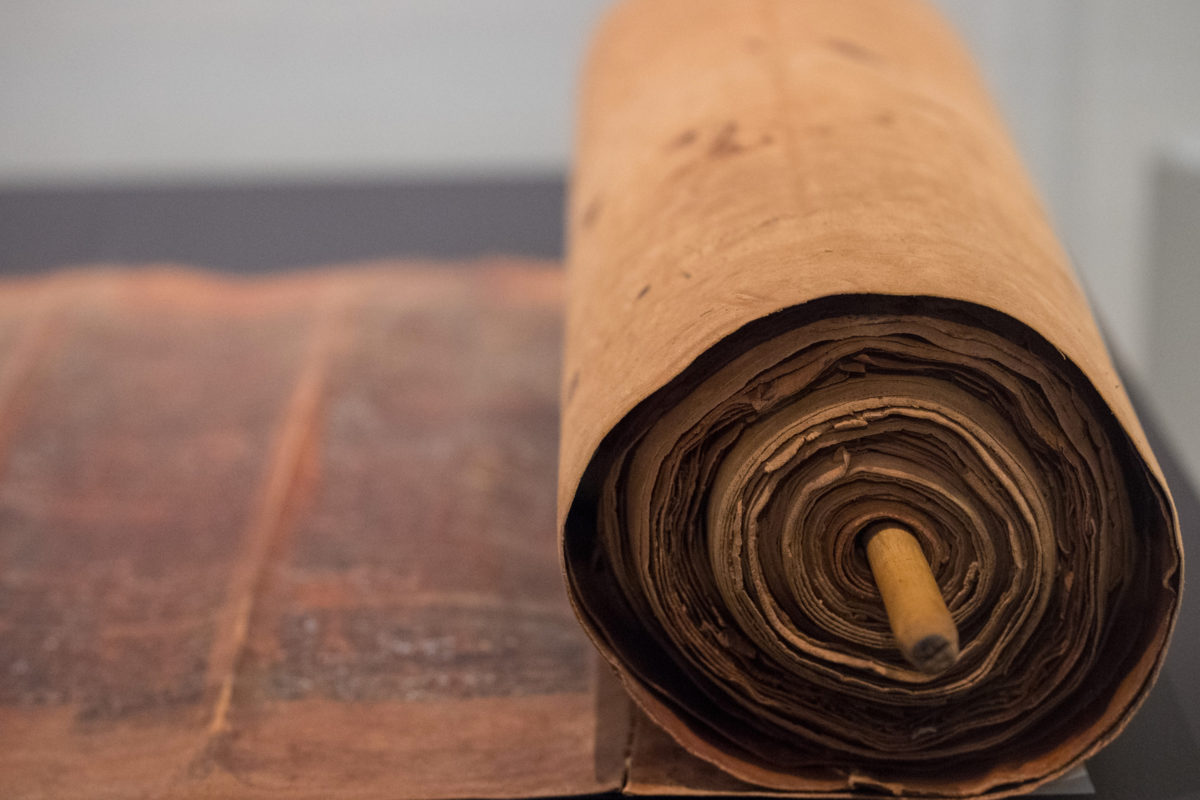
Dallas Willard on the Reliability of the Bible
The Divine Conspiracy (San Francisco: Harper Collins, 1998), p. xvi.On the human side, I assume that [the Bible] was produced and preserved by competent human beings who were at least as intelligent and devout as we are today. I assume that they were quite capable of accurately interpreting their own experience and of objectively presenting what they heard and experienced in the language of their historical community, which we today can understand with due diligence.
On the divine side, I assume that God has been willing and competent to arrange for the Bible, including its record of Jesus, to emerge and be preserved in ways that will secure his purposes for it among human beings worldwide. Those who actually believe in God will be untroubled by this. I assume that he did not and would not leave his message to humankind in a form that can only be understood by a handful of late-twentieth-century professional scholars, who cannot even agree among themselves on the theories that they assume to determine what the message is.
The Bible is, after all, God’s gift to the world through the Church, not to the scholars. It comes through the life of his people and nourishes that life. Its purpose is practical, not academic. An intelligent, careful, intensive but straightforward reading — that is, one not governed by obscure and faddish theories or by a mindless orthodoxy — is what it requires to direct us into life in God’s kingdom. any other approach is to the Bible, I believe, conflicts with the picture of the God that, all agree, emerges from Jesus and his tradition. To what extent this belief of mine is or is not harmfully circular, I leave the philosophically minded reader to ponder.